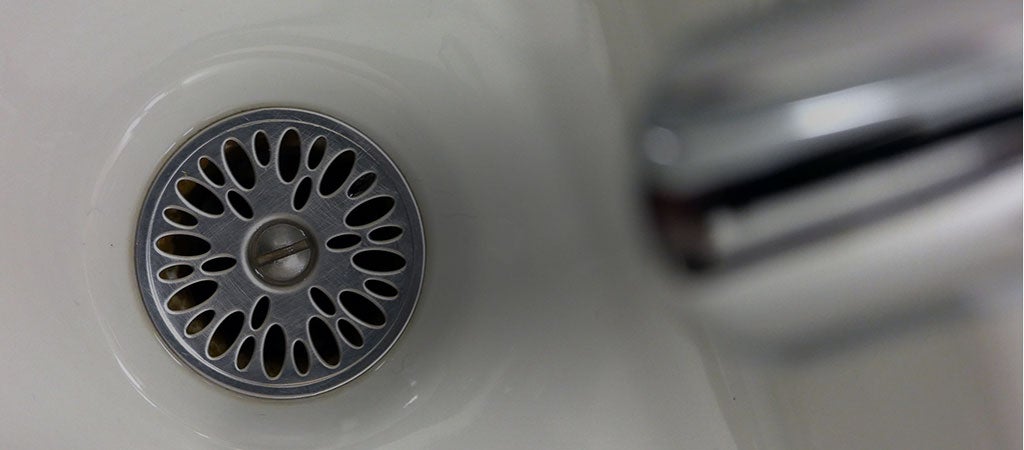Banishing Bad Odors: Tackling a Stinky Sink Drain Like a Pro
Banishing bad odors emanating from your sink drain is essential for maintaining a fresh and clean kitchen environment. Whether it’s the result of food particles, grease buildup, or microbial growth, tackling a stinky sink drain requires a proactive approach and a few expert strategies. In this comprehensive guide, we’ll explore effective methods to eliminate foul odors and keep your sink smelling fresh like a pro.
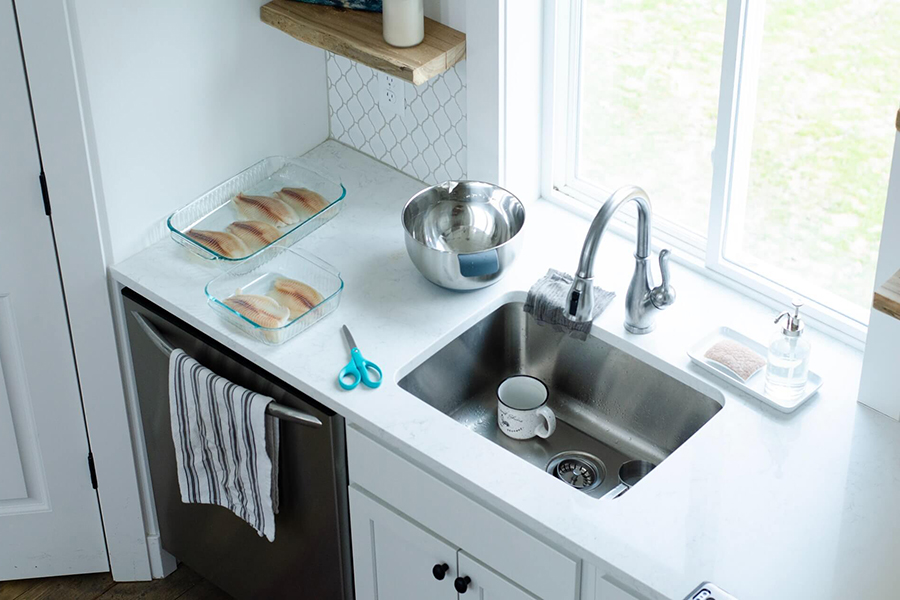
Understanding the Source of the Stench: Unveiling the Culprits
Before diving into solutions, it’s crucial to understand the underlying causes of the unpleasant odors wafting from your sink drain. Common culprits include:
- Food Residue: Leftover food particles can accumulate in the drain over time, providing a breeding ground for odor-causing bacteria.
- Grease and Fat: Grease and fat from cooking can solidify in the drain, trapping food particles and emitting foul odors as they decompose.
- Microbial Growth: Mold, mildew, and bacteria thrive in damp environments, such as sink drains, contributing to unpleasant smells.
- Decaying Organic Matter: Organic matter, such as hair and soap scum, can accumulate in the drain, decompose, and release foul odors.
By identifying the source of the stench, you can implement targeted solutions to eliminate the problem at its roots.
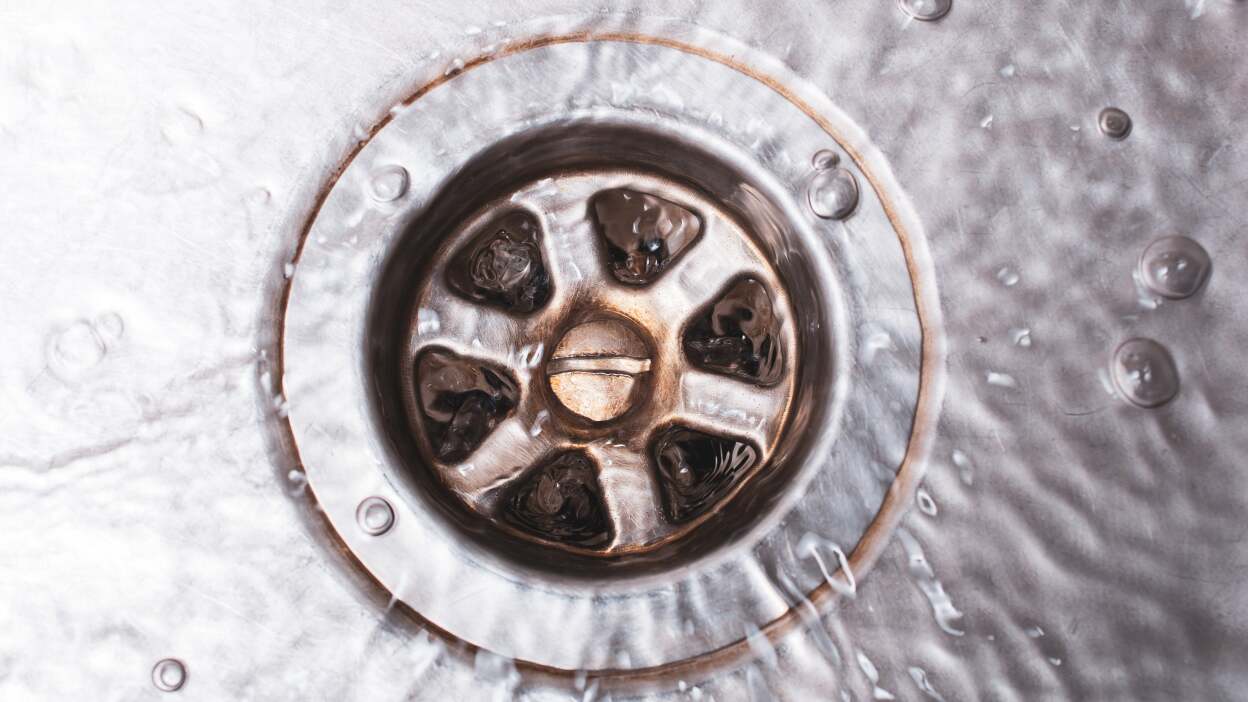
DIY Drain Cleaning Remedies: Simple Solutions for Fresher Drains
Fortunately, banishing bad odors from your sink drain doesn’t always require harsh chemicals or professional intervention. With a few household ingredients and some elbow grease, you can tackle stinky drains with ease. Here are some DIY drain cleaning remedies to try:
- Baking Soda and Vinegar: Start by pouring a cup of baking soda down the drain, followed by a cup of vinegar. Allow the mixture to fizz and bubble for a few minutes to break down odor-causing residue. Then, flush the drain with hot water to wash away debris.
- Boiling Water: For a quick and easy fix, boil a kettle of water and carefully pour it down the drain. The hot water will help dissolve grease and flush out odor-causing buildup.
- Salt and Lemon Juice: Mix equal parts salt and lemon juice to create a natural abrasive cleaner. Scrub the inside of the drain with the mixture using a brush or sponge, then rinse thoroughly with hot water.
- Borax Solution: Dissolve a tablespoon of borax powder in a quart of hot water and pour it down the drain. Let it sit for an hour before flushing with hot water to disinfect and deodorize the drain.
- Ice Cubes and Citrus Peels: Drop a handful of ice cubes and citrus peels (such as lemon or orange) down the drain and run the garbage disposal. The ice will help dislodge debris, while the citrus peels will leave behind a fresh, citrusy scent.
These DIY remedies offer effective and environmentally friendly alternatives to commercial drain cleaners, allowing you to tackle stinky sink drains without harsh chemicals.
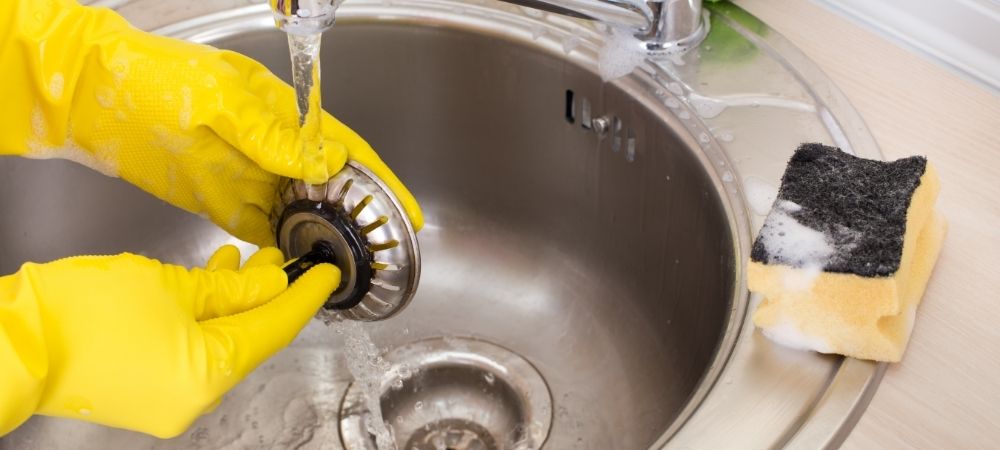
Preventive Maintenance Tips: Keeping Odors at Bay
In addition to addressing existing odors, implementing preventive maintenance measures can help keep your sink drain smelling fresh in the long run. Here are some tips to prevent odors from recurring:
- Regular Cleaning: Make it a habit to clean your sink and drain regularly to prevent the buildup of odor-causing residue. Use a brush or sponge to scrub the inside of the drain and remove any accumulated debris.
- Avoid Pouring Grease: Dispose of cooking grease and fat in a separate container instead of pouring them down the drain. Grease can solidify in the drain and trap food particles, leading to foul odors.
- Flush with Hot Water: After each use, flush the drain with hot water to help dissolve grease and wash away debris. This simple step can prevent buildup and keep your drain smelling fresh.
- Use a Strainer: Place a sink strainer over the drain to catch food particles and debris before they have a chance to accumulate in the pipes. Empty the strainer regularly to prevent clogs and odors.
- Baking Soda Maintenance: Once a week, sprinkle a tablespoon of baking soda down the drain followed by hot water to maintain freshness and prevent odors from returning.
By incorporating these preventive maintenance tips into your routine, you can proactively combat odor-causing culprits and enjoy a consistently fresh-smelling sink drain.
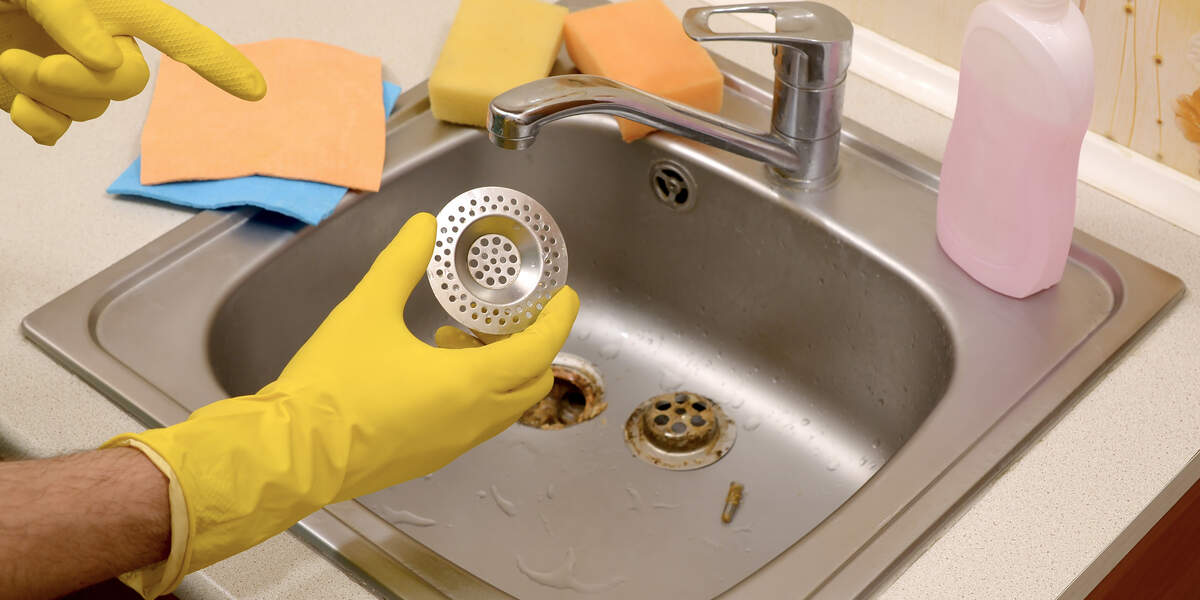
Professional Solutions: When DIY Isn’t Enough
If DIY remedies fail to eliminate stubborn odors or if you suspect a more serious underlying issue, it may be time to seek professional assistance. A licensed plumber can inspect your plumbing system, identify any potential problems, and recommend appropriate solutions. Professional services, such as hydro-jetting or drain snaking, can effectively remove stubborn buildup and restore optimal drainage and odor control.
Maintaining a Fresh Kitchen: The Importance of Good Drain Hygiene
Ensuring a pleasant kitchen environment goes beyond just cleanliness; it’s about actively managing the hygiene of your sink drain. In this continuation, we delve deeper into the significance of good drain hygiene and offer additional insights to keep your kitchen smelling delightful.
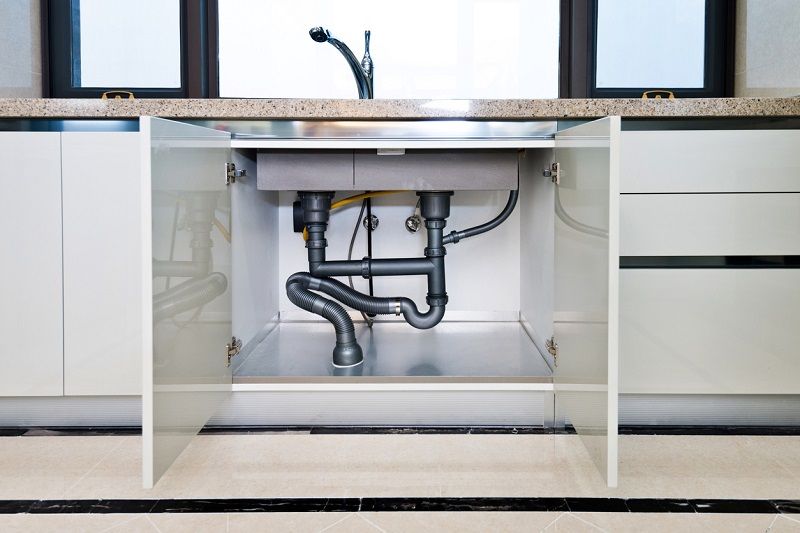
The Hygiene Imperative: Why Clean Drains Matter
A clean sink drain isn’t just about aesthetics; it’s crucial for maintaining a healthy kitchen ecosystem. Here’s why good drain hygiene is imperative:
- Preventing Bacterial Growth: Stagnant water and organic matter in the drain create an ideal breeding ground for bacteria, increasing the risk of contamination and foodborne illnesses.
- Eliminating Foul Odors: Odors emanating from the drain not only affect the kitchen ambiance but can also permeate food and utensils, compromising their freshness and flavor.
- Avoiding Drain Clogs: Accumulated debris and grease in the drain can lead to clogs, causing water backup and potential damage to your plumbing system.
By prioritizing drain hygiene, you not only create a more pleasant kitchen environment but also safeguard the health and well-being of your household.
Conclusion: Enjoying a Fresh and Clean Kitchen Environment
Banishing bad odors from your sink drain is a manageable task with the right knowledge and strategies. By understanding the sources of stench, implementing DIY drain cleaning remedies, practicing preventive maintenance, and seeking professional assistance when necessary, you can keep your sink smelling fresh like a pro. With a little effort and proactive care, you can enjoy a clean and inviting kitchen environment free from unpleasant odors.
